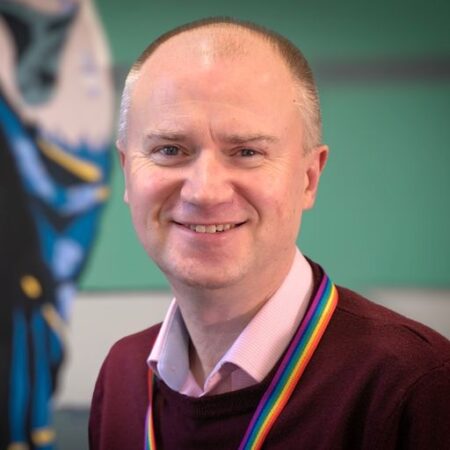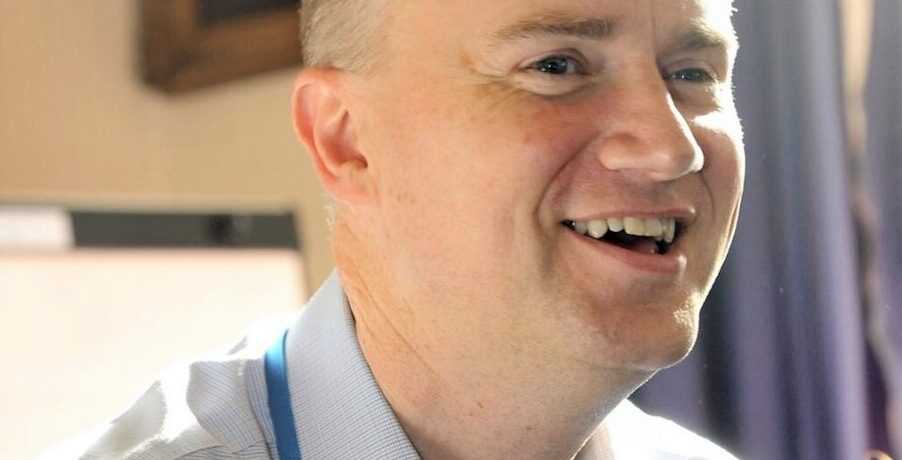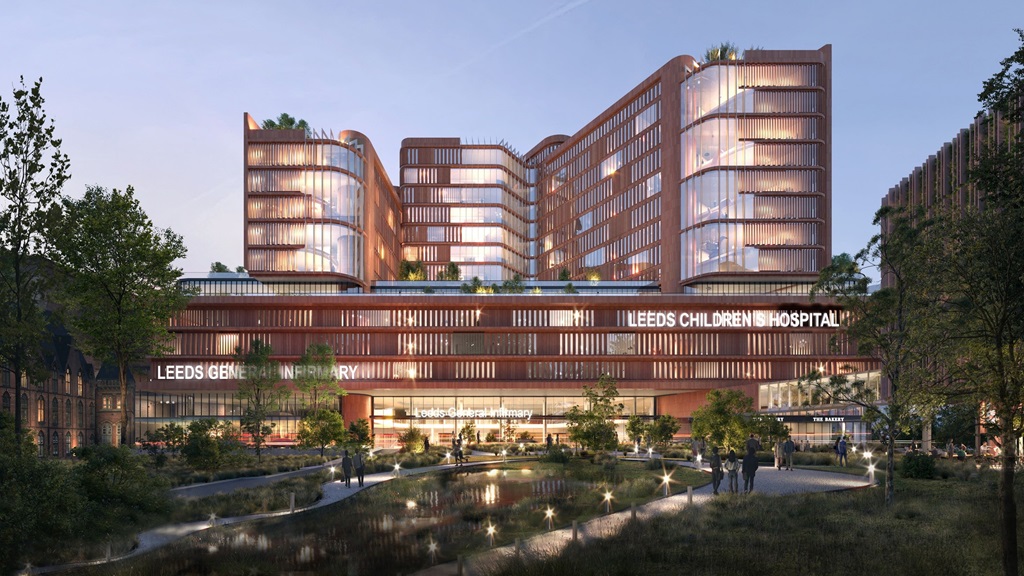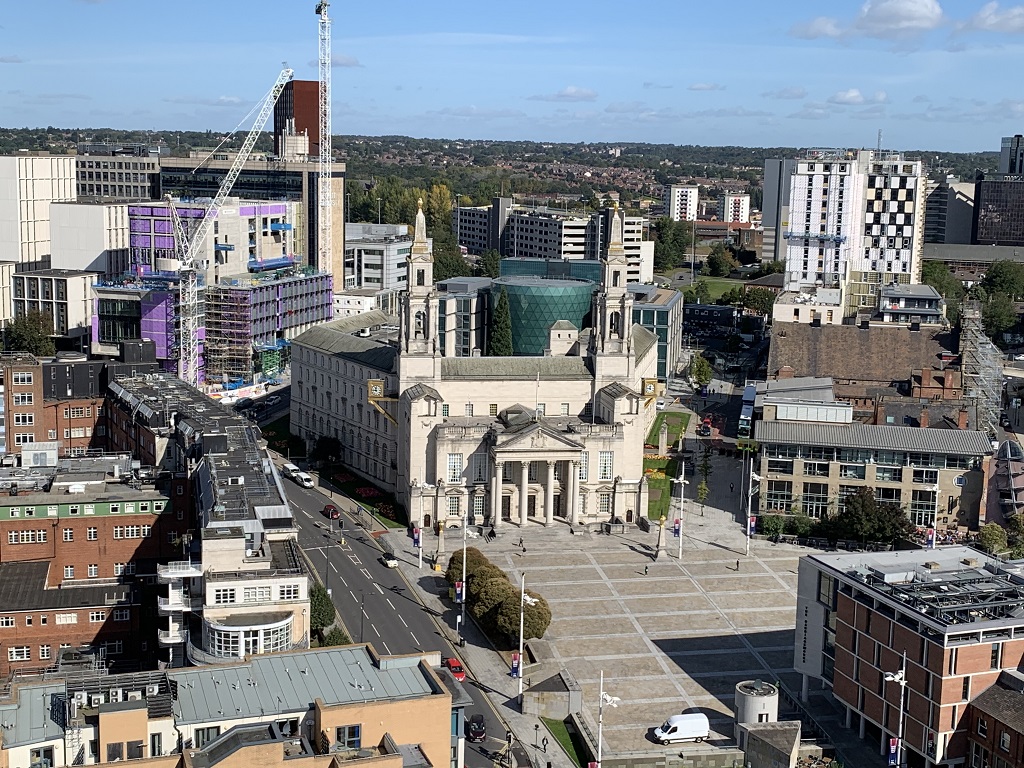Commentary
Q&A with Leeds’ Tom Riordan – Local govt is under-funded and over-tasked
As he prepares to leave his post as chief executive of Leeds City Council at the end of the year, Tom Riordan spoke with Paul Unger about legacy, the changing local government landscape and outstanding priorities.
What do you really want to push on with during the remainder of this year?
Our new regeneration partnership is very important. This identifies six neighborhoods in the outer part of the city centre, to accelerate the building of 20,000 new homes, places like Mabgate, Holbeck, and Hunslet, some traditional manufacturing areas and quite deprived parts of the city, blocked off by major infrastructure developments like the M621. We’re trying to make sure that we make them more permeable to the expansion of the city centre with the South Bank development, which is developing fast. Building a park in first, in a development like Aire Park is quite novel. And is part of our more Scandinavian vision for the city, more walking and cycle friendly, with a good use of public space as well as the social infrastructure. There’s two new colleges and a school in in the South Bank already.
Also, transport is a big challenge for Leeds still, although we’ve done a lot of good things with park-and-ride. The big breakthroughs will be bus reform and mass transit, the tram. Working closely with Tracy Brabin [West Yorkshire mayor] and the Combined Authority we will be taking forward those two major pieces of work this year, and preparing the ground to make sure that mass transit in particular has a very big economic impact in those places that I’ve mentioned.
Everything’s in place for the tram to happen, there’s cross-party agreement. We have plans for the funds locally, there’s no reason why Labour are not going to support it. It’s such an obvious gap in the UK cities outside London. It’s absolutely a no-brainer, so I am 100% sure that it will happen.
How do you assess the state of local government at the end of your 14 years in Leeds?
The key thing [for the new government] is to task the different organisations that you now have both at a national, regional and local level properly, and then to fund them to do the job. And at the moment, we’re out of kilter with that. So locally, we’re over-tasked and under-funded. And that is causing huge challenges that you can see coming out in more and more councils. I don’t know what the number is that have had either special measures, intervention or capitalisation directives imposed. And these aren’t in one particular part of local government, it’s a range of different political colours, sizes and shapes. It’s a systemic problem that needs to be corrected.
At the regional level it is very exciting. I would caution against mission creep, and make sure that the mayoral combined authorities are tasked appropriately to do the job that’s needed. And principally, I think that needs to be around inclusive economic growth, industrial strategy, and infrastructure.
It feels like the calibre at the top of local government has improved during your time, what would you say?
I think there’s a great quality of local leadership that sometimes gets missed, particularly in the North, where places need strong councils. You might say in other parts of the country, it sort of doesn’t matter quite as much. And I think that’s why you get good people gravitating towards those jobs, and local authority leaders have had to take successively difficult decisions over many years. So they tend to be quite measured and circumspect in the way they try and work and do things. They realise how important partnership is and they tend to try and work in a way that is inclusive, because they have to.
I think local government’s a great example of where social mobility happens. If you look at the back story of a lot of people who are now chief execs in local government, and leaders, you won’t find that traditional private school and Oxbridge view, it will be very different. I think that’s maybe not clocked. Sometimes, that’s really a real strength of the sector.

Looking at your own legacy, what are some of the biggest moments you recall from your time at Leeds?
I think it’s hard to talk about your own legacy, it’s more for other people to talk about, but I would hope that people would smile when they heard my name. The way I’ve tried to work is just very much with people and all the achievements I could reel off about Leeds would be others’ achievements. There has always been this ‘Team Leeds’ ethic that we’ve had, where we really have galvanised the different sectors to work together for a common purpose.
So yeah, the physical environment stuff, obviously, we got the two big shopping centres, the music arena, the 40,000 new homes, flood defences that we didn’t have in 2010, lots to be really proud of. But the thing I’m most proud of is the impact on people and the fact that we’ve been outstanding rated twice on children’s services. I was in care myself. So that brings it home even more, those families that actually benefit from really good public service intervention and early help, that means that they have a better life chance. And that is probably the thing I am most proud of, more than the buildings.






Inequality, child poverty, homelessness and food banks continue to grow in the city, whilst we spend millions on projects such as cycle lines, whereby the use doesn’t seem to justify the cost. The priorities always seem to be the wrong way around. Surely that money targeted m on the above issues would be better spent to improve lives and outcomes for many. Also youth clubs etc for the teenagers, like there used to be in decades past, to help reduce teenage crime and violence. Whatever happened to focussing more and funding these issues. I Havnt seen much of that in the last 14 years….
By Anonymous